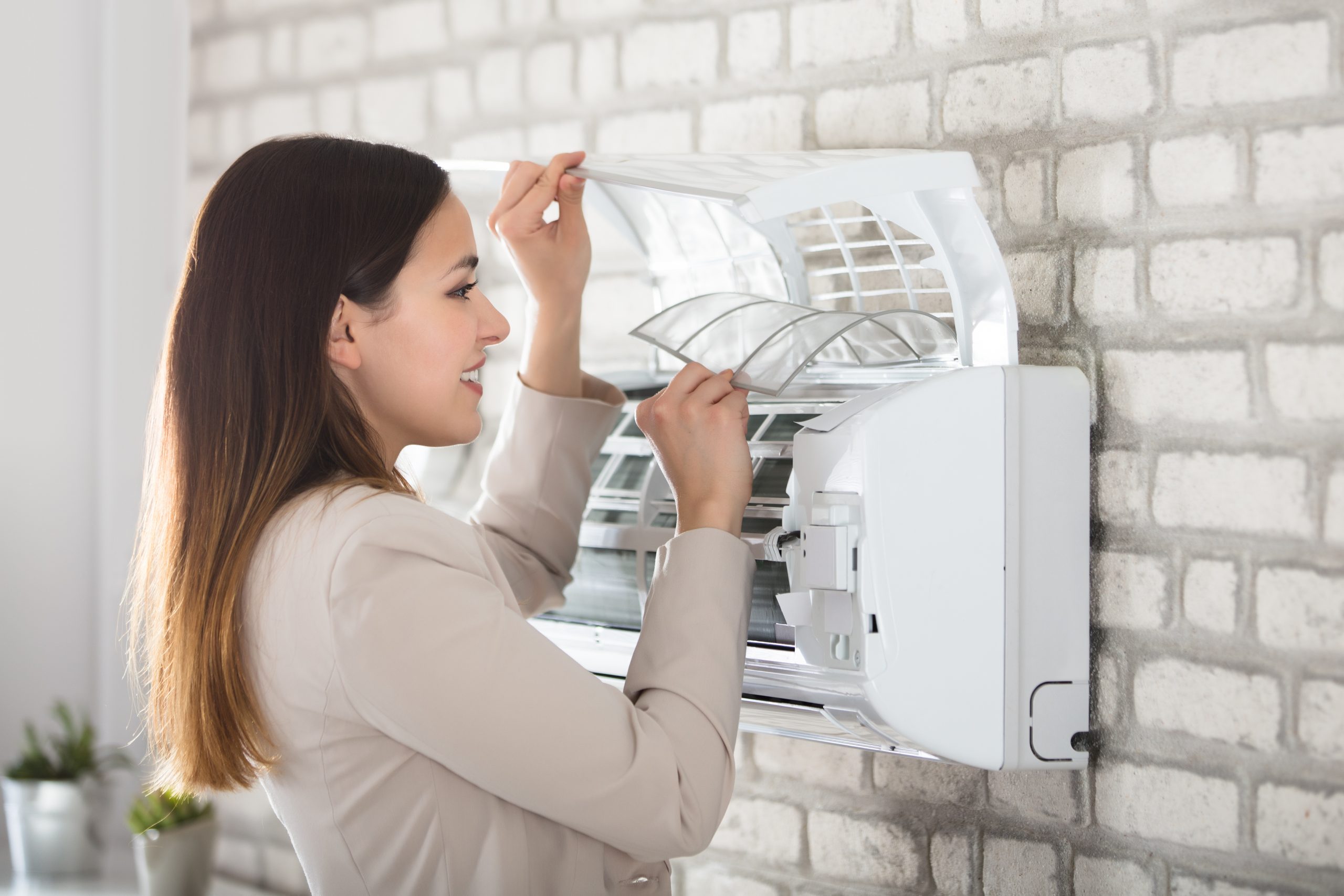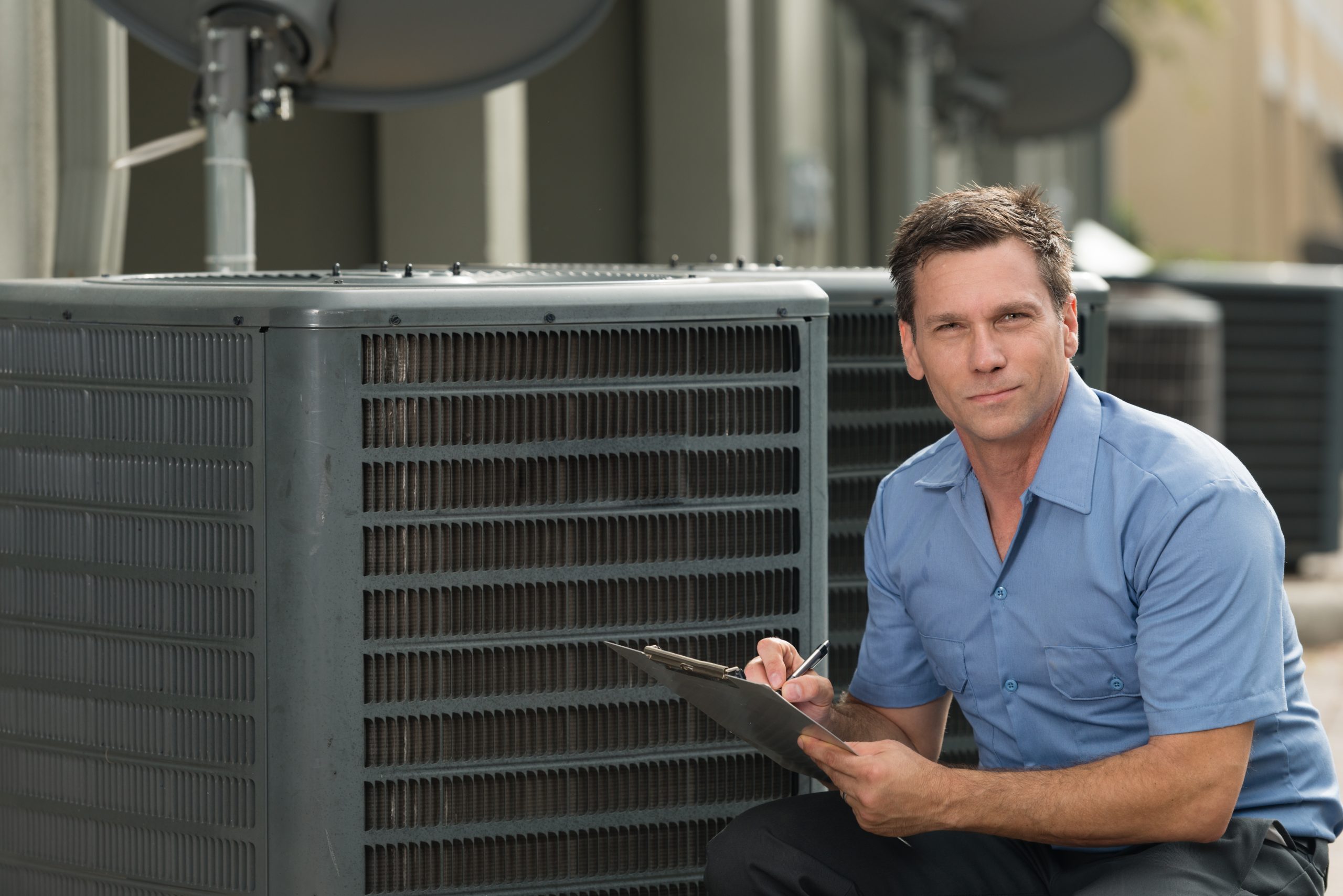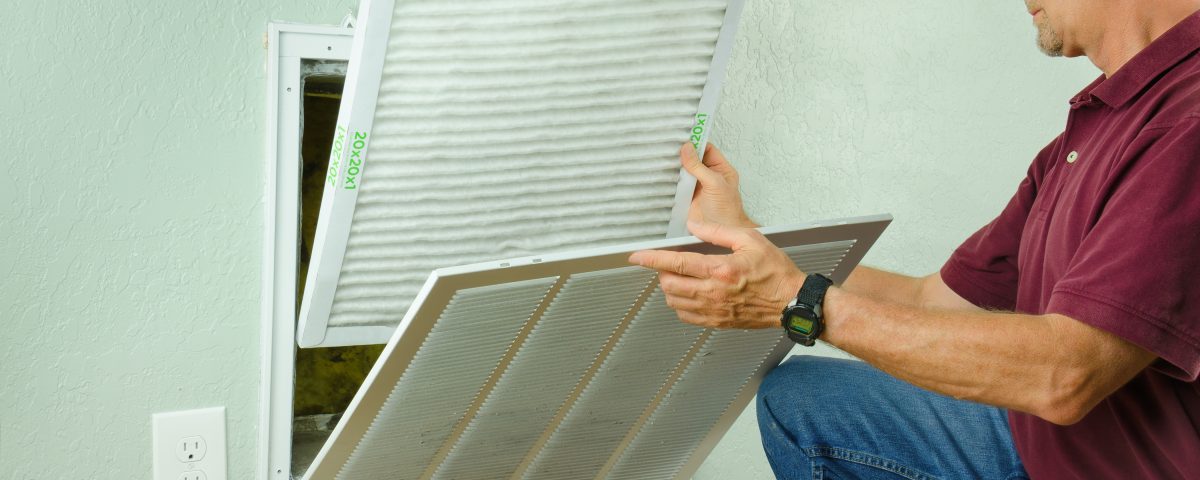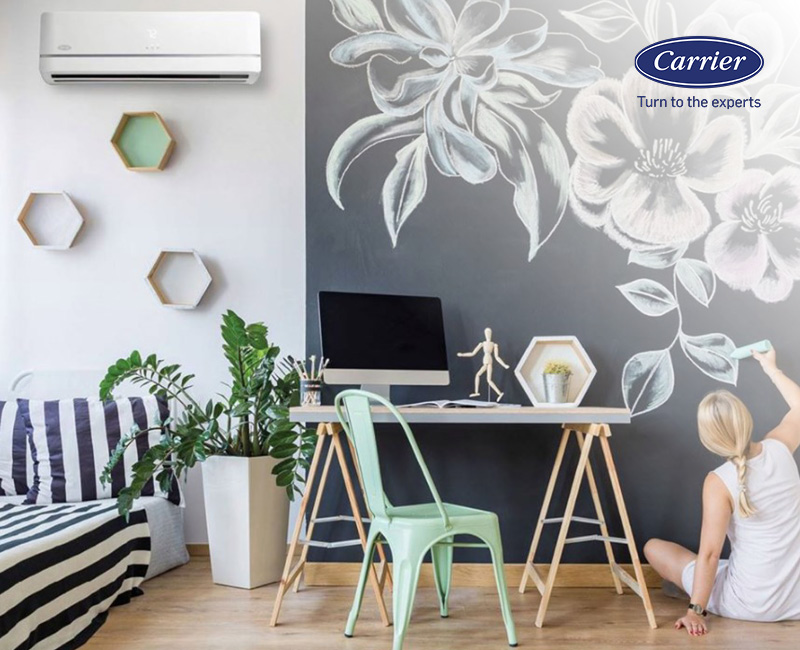
Common Air Conditioner Myths
May 14, 2019
How to make your home more comfortable using Elite AC
May 31, 2019Can AC Cause Allergies? Investigating AC Systems and Allergens
If you’re lucky enough to live in Jacksonville, you get to enjoy beautiful, sunny weather almost year- round. But with all that lovely Florida sunshine comes an abundance of pollen and seasonal allergies.
If your AC isn’t properly maintained, it can make your seasonal allergies even worse. Not to mention, your AC can exacerbate any indoor allergens that may be in your home. Below we’ve listed ways to make sure your AC isn’t working against you and creating allergy problems.
Use Air Filters to your advantage.
Air filters are there for a reason. But it’s easy to forget something you can’t see, which leads to dirty air filters and dirty air.If your air filters aren’t cleaned or replaced every 1-3 months, they lose their ability to trap allergens, becoming a problem for your AC and indoor air quality. Dirty filters spread allergens and limit airflow, leading to longer cooling times, increased energy consumption, and higher bills. Fortunately, replacing air filters is more cost-effective than buying a new air conditioner.
We recommend a HEPA (high-efficiency particulate air) certified air filter to help keep your air free of pollen, pollutants and indoor allergens, such as mold spores, pet dander and dust mites. Exposure to any of these can lead to allergies and sinus problems. A highly graded HEPA filter can trap smaller particles than standard air filters, which will improve the quality of air and reduce the chance of allergic reactions. The better the filter, the longer it will last, but even the best filters should be replaced every three months.
Keep your AC Unit Clean
Your air conditioner’s evaporator coil will collect dust and dirt over time, which can reduce the quality of air in your home and cause allergies. Clean air filters will help prevent the evaporator coil from getting dirty, but eventually they will begin to soil.
A dirty evaporator coil not only lowers air quality but also hampers airflow and increases your AC’s workload, resulting in higher bills. Dust and dirt insulate the coil, limiting its heat absorption capacity. An AC professional can ensure your unit is clean and functioning optimally to improve air quality and ease breathing.
Bigger isn’t always better. If your AC unit is too large for your space, it can do more harm than good and be bad for your allergies. A large unit in a small space will run on shorter cycles, causing it to constantly turn off and on.
Short cycling not only inefficiently cools your home but also hinders the AC from adequately reducing humidity levels in the air. Excess humidity fosters mold growth, which releases spores into the air each time the AC unit operates. This cycle can exacerbate mold proliferation and spore dispersion, triggering congestion and severe allergies. Ensure your AC unit is properly sized by having an AC professional inspect it. If you’re tired of allergy issues, contact the experts at Elite AC LLC today. We’ll ensure your AC contributes to enhancing the air quality in your home.



